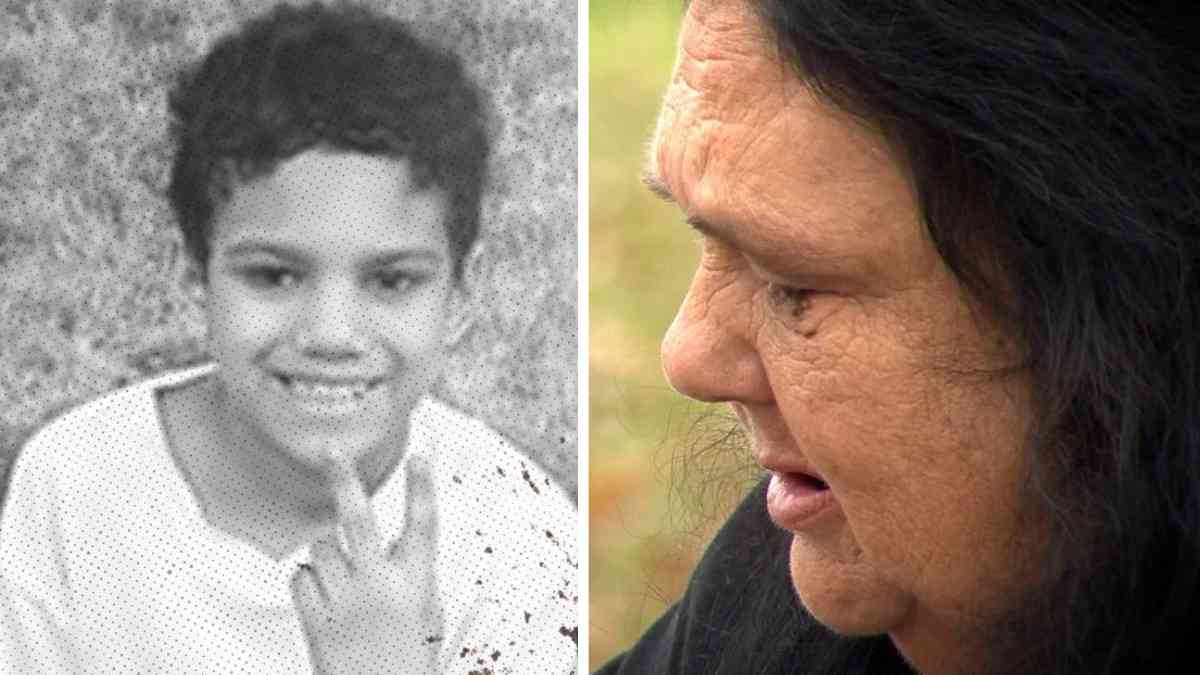Takoda Collins: A Heartbreaking Story That Changed Ohio’s Child Protection Laws
The tragic death of a young boy that exposed deep flaws in the system—and sparked statewide reform

The story of Takoda Collins is one that pierced through the hearts of an entire nation. A vibrant, intelligent 10-year-old boy from Dayton, Ohio, his life was tragically cut short in December 2019 due to relentless abuse and systemic failures. What happened behind closed doors left a permanent mark not only on his community but on the child welfare laws of the entire state of Ohio.
This isn’t just a story about loss. It’s a wake-up call. It’s about a child who was failed by those entrusted to protect him and a system that didn’t listen when it mattered most.
Who Was Takoda Collins?
Born on November 8, 2009, Takoda Collins had a future full of potential. Those who knew him described him as a smart, curious, and polite boy with a contagious smile. However, beneath the surface, his life at home was far from what any child deserves.
Takoda initially lived with his mother until custody was awarded to his father, Al-Mutahan McLean, reportedly due to issues related to substance use. This decision, made with the intention of providing a stable home, became the turning point in Takoda’s life—one that led to irreversible consequences.
Life Behind Closed Doors
Under the custody of McLean, Takoda was subjected to some of the most horrifying and prolonged abuse imaginable. Court documents later revealed a grim reality: the young boy had been locked in an attic, malnourished, beaten, and isolated for extended periods. The abuse was not a one-time occurrence—it was routine, systematic, and deliberate.
In addition to McLean, McLean’s girlfriend Amanda Hinze and her sister Jennifer Ebert were also involved. They were not passive observers. Investigations showed that they actively participated in the mistreatment and psychological torture Takoda endured.
A System That Failed to Protect
Perhaps the most alarming aspect of this case is that multiple warning signs were reported long before Takoda’s death. Educators, school staff, and even neighbors raised red flags about the possibility of abuse. Reports were made to Child Protective Services. Concerns were documented. Yet, despite these efforts, action was either delayed or insufficient.
Takoda was pulled out of school in 2018 by McLean under the pretense of homeschooling. This critical step further isolated the child and made it harder for concerned individuals to monitor his well-being. From that point, his suffering intensified behind closed doors.
The Day Everything Changed
On December 13, 2019, emergency responders were called to the residence. They found Takoda unresponsive. Despite attempts to save him, he was pronounced dead at the scene. His body showed clear signs of severe trauma, neglect, and long-term abuse. The boy who once had dreams and laughter was gone.
The community was stunned. Grief turned into outrage as details emerged. How could something so horrific happen unnoticed? How many cries for help went unheard?
Criminal Charges and Justice
The investigation that followed was swift and thorough. All three adults—McLean, Hinze, and Ebert—were charged for their roles in the abuse and death of Takoda Collins.
- Al-Mutahan McLean, Takoda’s father, was charged with aggravated murder, kidnapping, and child endangerment. In 2021, he pleaded guilty and was sentenced to life in prison with the possibility of parole after 51 years.
- Amanda Hinze pleaded guilty to involuntary manslaughter and child endangerment. She received a 22-year sentence.
- Jennifer Ebert also took a plea deal and received an 8-year sentence.
Though justice was served in a legal sense, the emotional wounds remained for everyone who followed the case.
Community Mourning and Reflection
Vigils were held. Community members left flowers, teddy bears, and handwritten notes outside Takeda’s former home and local schools. His story made headlines across the country, prompting intense discussions on how similar tragedies could be prevented.
The grief was not just for the boy who died but for the countless others who might still be suffering in silence.
Legislative Action: Takoda’s Law
One of the most significant outcomes of this tragedy was the birth of “Takoda’s Law”—a series of legislative reforms designed to strengthen Ohio’s child protection protocols.
Key features of the law include:
- Stricter homeschooling regulations to ensure parents don’t use it as a cover to hide abuse.
- Improved reporting protocols so that all child abuse allegations are tracked and acted upon swiftly.
- Increased accountability among child welfare workers and law enforcement.
Lawmakers from both sides of the aisle came together, recognizing that this was not a political issue—it was a human one.
Lessons Learned from the Tragedy
Takoda’s story highlights a disturbing truth: it’s not enough to have systems in place—they must be followed with vigilance and compassion.
The case teaches us:
- Children’s voices matter—even if they speak through behavior or fear.
- Educators and neighbors are vital in raising red flags.
- Systems need constant checks to avoid procedural failure.
- Accountability must be enforced, not assumed.
A Legacy That Lives On
While Takoda Collins’ life was unfairly cut short, his legacy is profound. He became the face of reform and a symbol of the children who are unseen and unheard. Schools, lawmakers, and advocacy groups have invoked his name in efforts to prevent future tragedies.
His story is now part of training modules, awareness campaigns, and state policy discussions. What happened to him is being used to educate others and promote vigilance.
The Role of Society in Protection
Child safety is not solely the responsibility of the authorities. It’s a shared duty. Parents, teachers, friends, and neighbors all play a role in noticing when something is wrong and pushing until something is done.
If you suspect a child is being abused:
- Please don’t assume someone else will report it.
- Document what you see or hear.
- Follow up. Keep the pressure on.
- Be the voice for those who can’t speak for themselves.
Never Forget Takoda
It’s easy for the world to move on from stories like this. News headlines take over, and attention shifts. But for those who truly care about children’s welfare, Takoda Collins must never be forgotten.
His pain sparked a movement, his story made people listen, and his name now carries weight far beyond the neighborhood he lived in.
Conclusion
The heartbreaking story of Takoda Collins is not just a tale of abuse and loss—it’s a powerful reminder of how crucial awareness, action, and accountability are in protecting our most vulnerable. His suffering exposed the flaws in a system meant to protect children and pushed Ohio toward necessary change. While we can never undo the pain he endured, we can honor his memory by remaining vigilant, supporting child welfare reforms, and refusing to disregard abuse. Takoda’s voice was silenced, but his story continues to speak volumes.
Be vigilant, compassionate, and, above all, brave enough to act. Silence in the face of abuse is complicity.
FAQs
1. Who was Takoda Collins?
Takoda Collins was a 10-year-old boy from Dayton, Ohio, whose tragic death in 2019 revealed extreme abuse and led to widespread child protection reform in the state.
2. What happened to Takoda Collins?
Takoda endured prolonged physical and emotional abuse by his father and caregivers, eventually resulting in his death. His case shocked the nation and sparked legal reforms.
3. What is Takoda’s Law?
Takoda’s Law is a set of legislative reforms passed in Ohio aimed at improving child welfare investigations, reporting procedures, and oversight—named in his memory.
4. Who was held responsible for his death?
Takoda’s father, Al-Mutahan McLean, along with Amanda Hinze and Jennifer Ebert, were arrested and sentenced for their roles in the abuse and neglect that led to his death.



